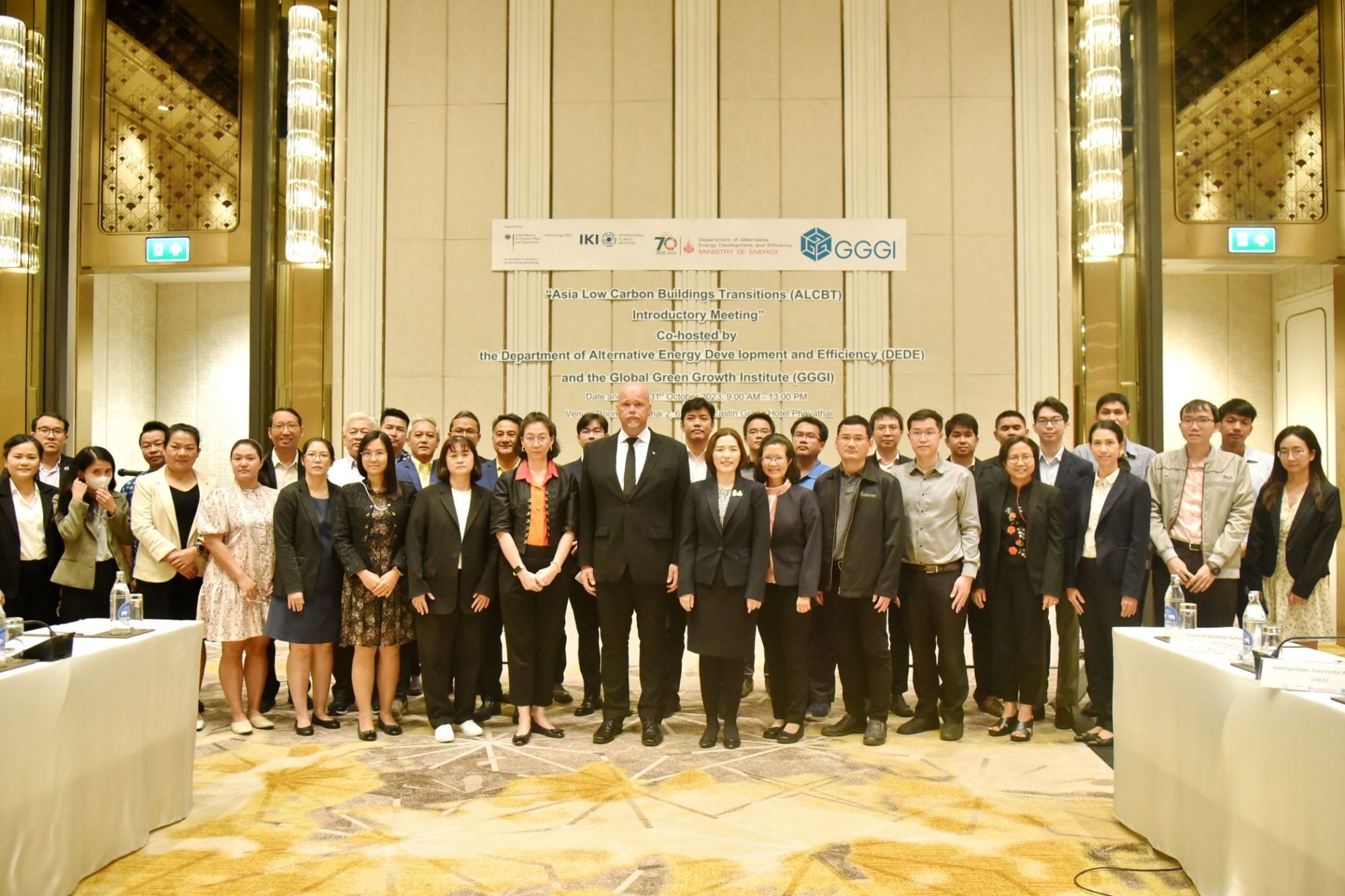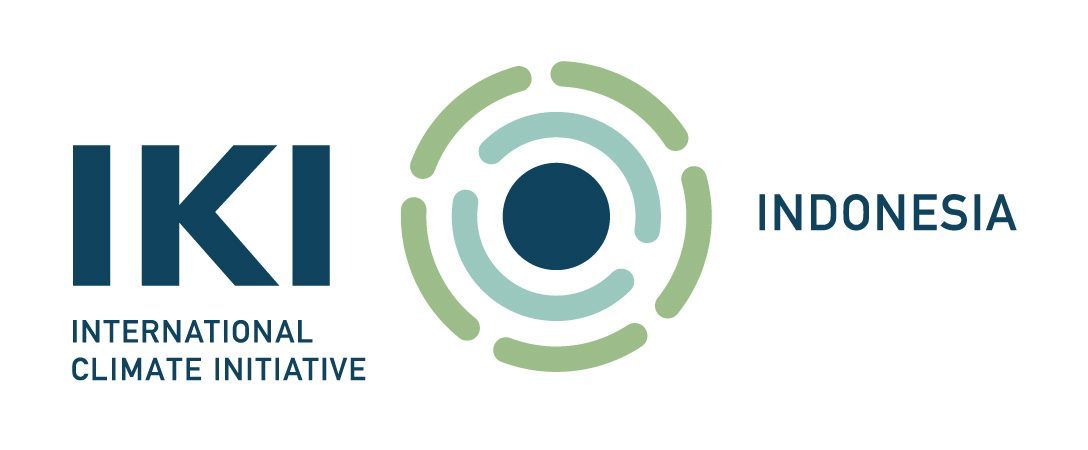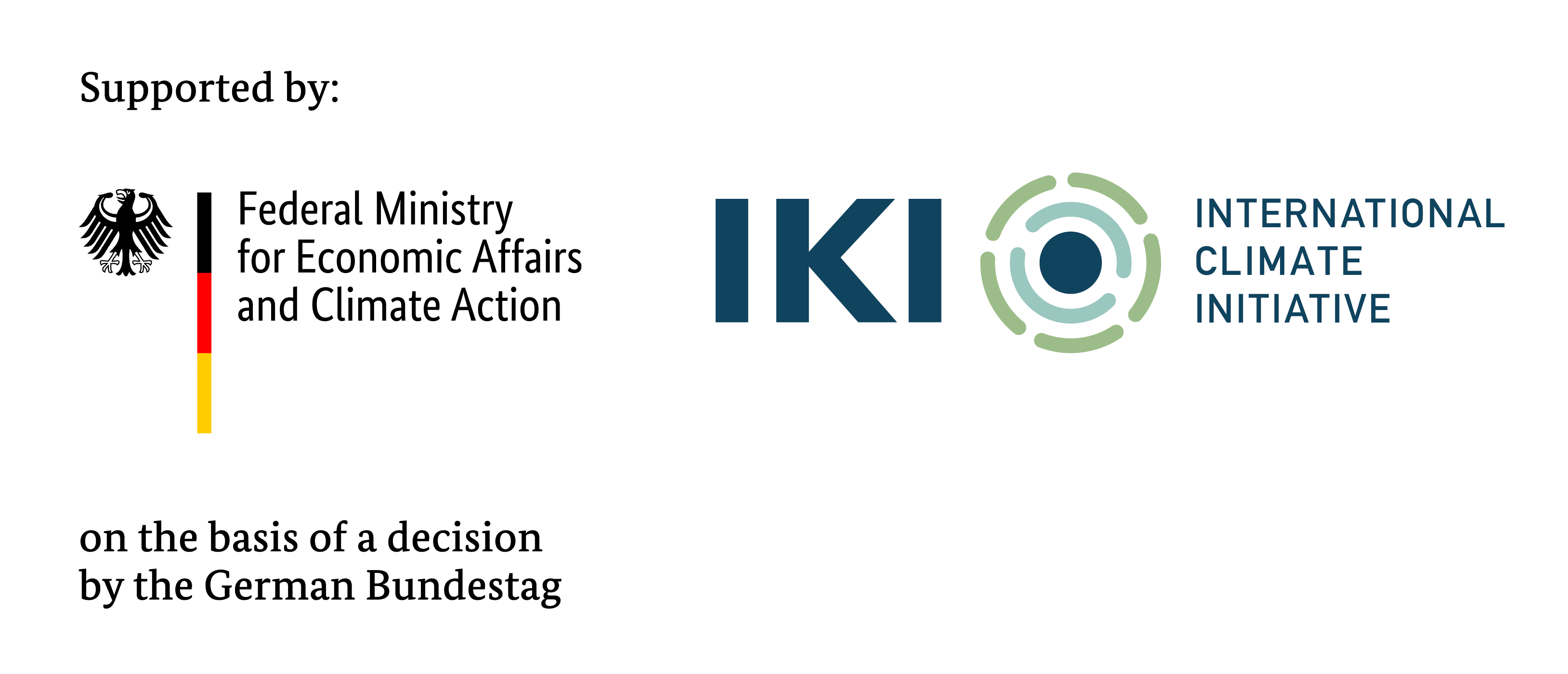ALCBT
The project addresses regulatory, capacity, and financing gaps that prevent large-scale adoption of low-carbon buildings (LCB). Project interventions build technical and institutional capacity for city and state governments to contribute to national GHG emission reduction targets from building materials and operations, particularly from cooling; complementing regional and global initiatives.
Project Overview
01.08.2022 - 31.07.2027
Indonesia, India, Kamboja, Thailand and Vietnam
Pilot city location is currently being assessed, for further approval by the steering committee.

Global Green Growth Institute (GGGI)
Pusat Produksi Bersih Nasional (PPBN)
Political Partners
- Ministry of Public Works and Housing, Directorate General of Cipta Karya, Directorate of Settlement and Housing Engineering Development (Dit. Bina Teknik Permukiman dan Perumahan)
- Ministry of Energy and Mineral Resources, Directorate General of EBTKE, and Directorate of Energy Conservation (Dit. Konservasi Energi)
Policy Priorities
The ALCBT Project was established to support the Government of Indonesia's (GoI) commitment and agenda to sustainable development, as outlined in the RPJMN 2025-2029 (awaiting approval), NDC, and Net Zero Emission Target by 2060 or sooner.
In the enhanced NDC, the GoI has pledged to reduce greenhouse gas emissions by 132.25 million tons of CO2 through energy efficiency mitigation actions. The Ministry of Public Works and Housing (PUPR) has committed to reducing emissions by up to 17 million tons of CO2 in its Green Building Roadmap, with 3 million tons of CO2 from government buildings and 14 million tons of CO2 from commercial buildings. An additional reduction of 19 million tons of CO2 is expected to be achieved through passive design and energy efficiency measures in air conditioning and lighting equipment.
In its Long-term Development Plan, the Government of Indonesia (GOI) has stated that between 2025 and 2045, the country will focus on a Net Zero Emission (NZE) policy, emphasizing energy transition and the implementation of a Green Economy. The ALCBT Project's targets and outputs are aligned with Indonesia's sustainable development agenda, aims to achieve the NDC and NZE by informing policy development and providing reliable tools to assess energy use and building performance.
Relevant Links: https://www.international-climate-initiative.com/PROJECT2073-1


